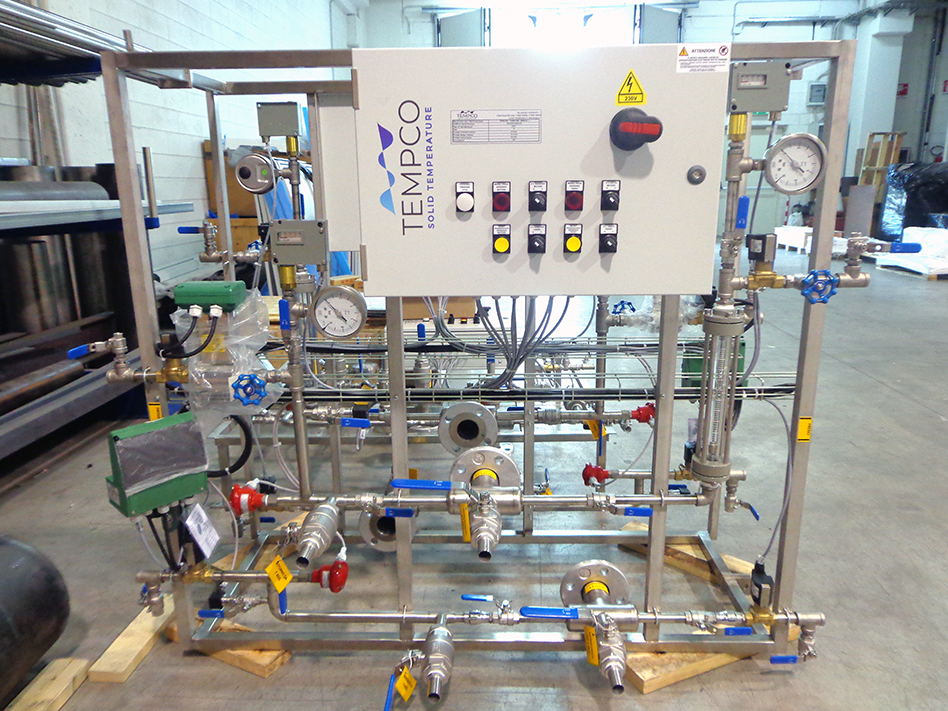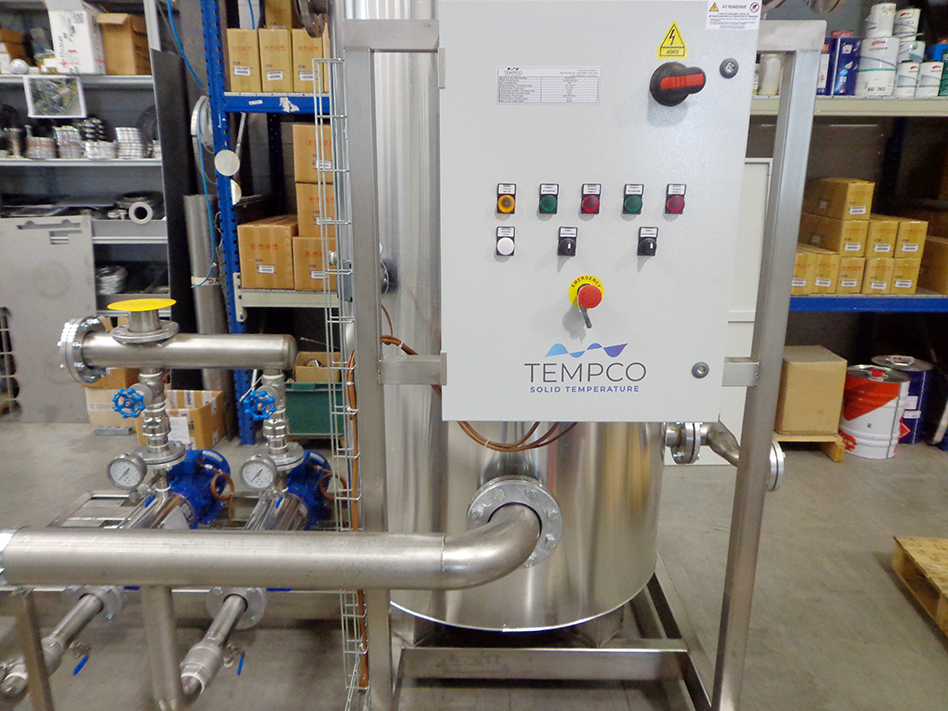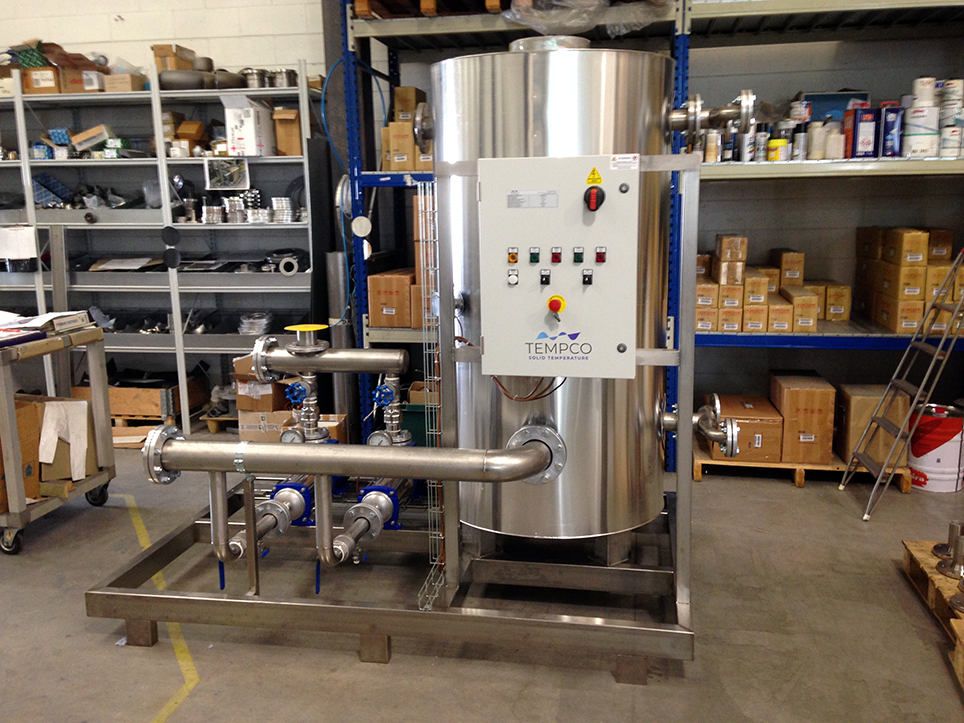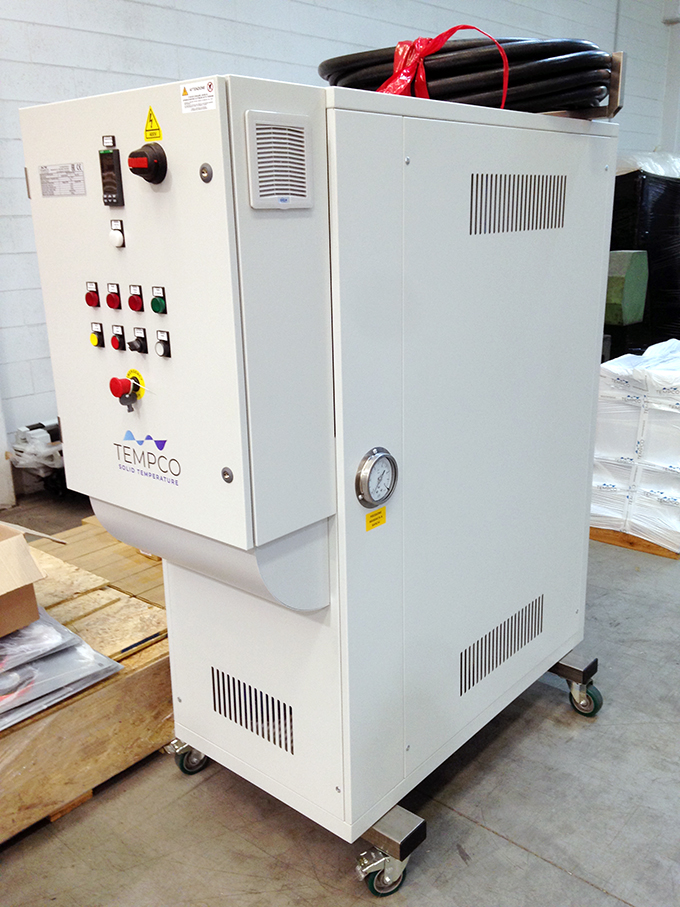The growing attention on energy saving and efficiency within the industry, even for cooling applications, as we have seen already involves the possibility to implement electronic control motors on machinery such as chillers and evaporative towers. EC motors allow a variable speed control over equipments such as fans, based on the real cooling need of the production process. Even if designed and sized upon the maximum cooling capacity requested, indeed, cooling systems don’t always have to function at maximum capacity, requiring a lower cooling effect during many production steps.
In this context, the trend towards a more smart energy consumption in cooling plants leads to a growing employ of EC motors. This kind of motors have in particular to ensure the correct definition of the power absorbed at various rotation speed levels possible, as well as the evaluation of potential energy savings that can be achieved. The engineering of EC motors therefore requires accurate tests during the design step, in addition to the check of their effective performances: at this purpose, special test benches with a high sophistication level are employed. These test benches require at their turn an extremely accurate control of temperature and flow rate during the cooling/thermoregulation task, in order to guarantee the precision of the test process of EC motors.

The temperature range required in this kind of test benches is between 0° C and +90° C, involving two circuits. The first one is easier to realize, aimed to brakes cooling, while the second one is quite more sophisticated, aimed to the direct cooling/thermoregulation of motors, that undergo strict tests and thermal stresses.
The test bench for EC motors is then served by an air condensed chiller. The chiller provides refrigerated water for a thermoregulating unit, serving the plant water at the required temperature for each of the different steps of the testing. A series of equipments then provide water at the correct flow rate and temperature level as needed by the various components being tested. Finally, the overall system is equipped with instruments with an interface for remote control and monitoring of the plant.



Subscribe here to our Tempco Newsletter – Solid Temperature.
